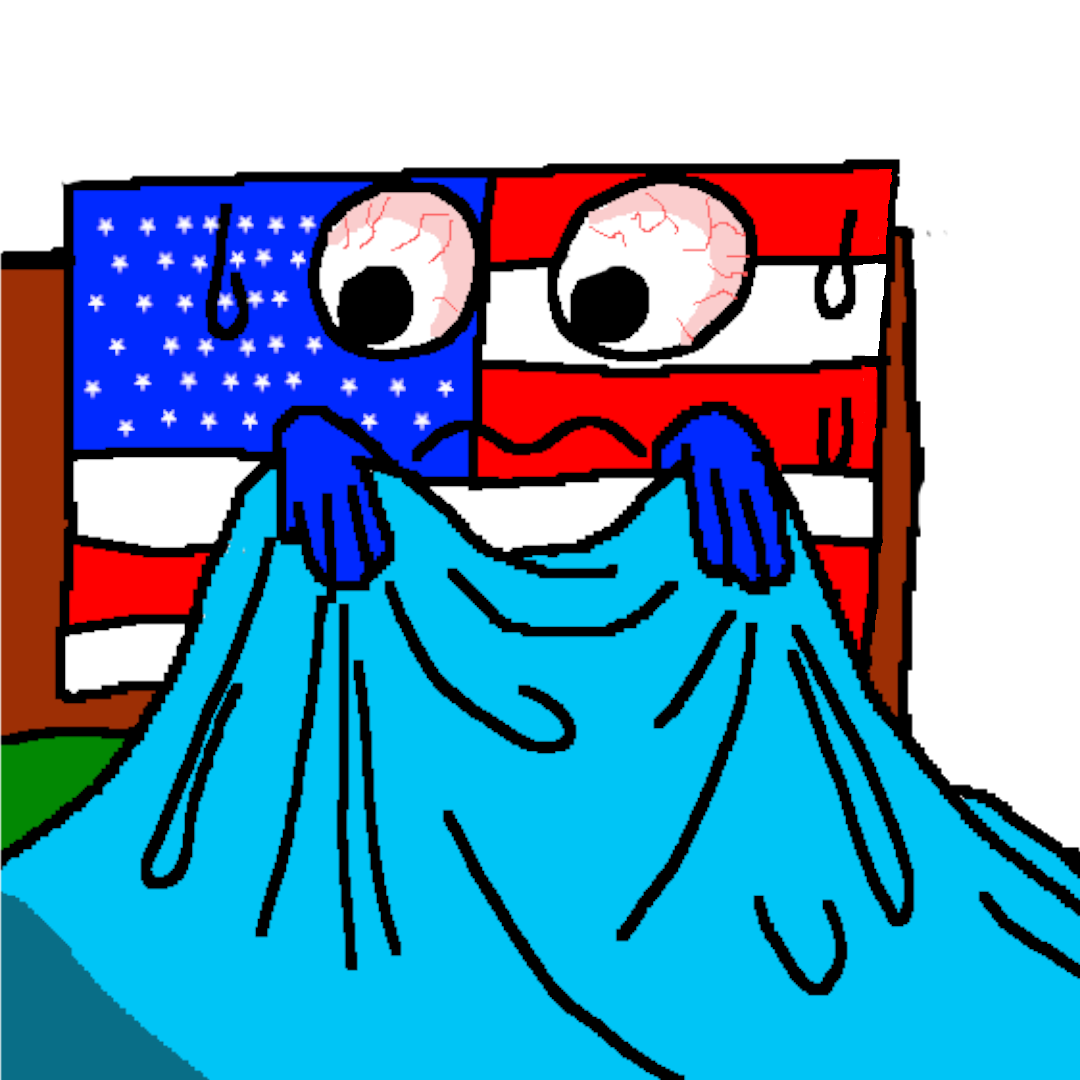Why is Trump helping Chinese AI?Use code searchparty at the link below to get an exclusive 60% off an annual Incogni plan: https://incogni.com/searchpartyJoi...
From a strategic standpoint, the US has no choice but to stay in the AI race. The potential payoff is too significant to ignore. If this technology delivers, even partially, the nation that masters its application in areas like logistics and automation will command a massive, lasting economic advantage. China’s push into AI alone forces the US to follow.
The central problem is that staying in the race is inherently self-destructive for the US. The US power grid is already strained, with reserve margins at just 15%. The AI industry’s massive, growing energy demand will necessarily diminish emergency buffer, threatening grid stability and making widespread blackouts a real possibility.
Furthermore, you cannot quickly build new power generation. The process takes years and has become prohibitively expensive in part due to the trade war with China. This collision of soaring demand and constrained supply will send electricity prices parabolic for everyone.
There’s a good chance that the AI race will cripple the broader economy. Traditionally, the US has relied on cheap energy to sustain its manufacturing base. Now, it risks adopting Europe’s model, where prohibitively high energy costs make running a factory unprofitable. The US is essentially being forced to sacrifice its physical industrial base to power the AI bubble, all because the strategic cost of losing the race is unthinkable.
Right, it’s basically fucking the US. Even if it completely and totally fails to deliver (which I suspect is going to be the outcome), it’s a good investment for China because the US will never recover from it.
yeah it’s basically what the US did to USSR during the cold war where it forced USSR into an arms race that the larger US economy could absorb much more easily
Not to mention China’s export controls on rare earths, forcing foreign firms (especially firms) to obtain approval from the Chinese government in order to obtain even trace amounts of Chinese-origin rare earth materials. [https://inv.nadeko.net/watch?v=eX3WlHcTvF8&t=173]
From a strategic standpoint, the US has no choice but to stay in the AI race. The potential payoff is too significant to ignore. If this technology delivers, even partially, the nation that masters its application in areas like logistics and automation will command a massive, lasting economic advantage. China’s push into AI alone forces the US to follow.
The central problem is that staying in the race is inherently self-destructive for the US. The US power grid is already strained, with reserve margins at just 15%. The AI industry’s massive, growing energy demand will necessarily diminish emergency buffer, threatening grid stability and making widespread blackouts a real possibility.
Furthermore, you cannot quickly build new power generation. The process takes years and has become prohibitively expensive in part due to the trade war with China. This collision of soaring demand and constrained supply will send electricity prices parabolic for everyone.
There’s a good chance that the AI race will cripple the broader economy. Traditionally, the US has relied on cheap energy to sustain its manufacturing base. Now, it risks adopting Europe’s model, where prohibitively high energy costs make running a factory unprofitable. The US is essentially being forced to sacrifice its physical industrial base to power the AI bubble, all because the strategic cost of losing the race is unthinkable.
Right, it’s basically fucking the US. Even if it completely and totally fails to deliver (which I suspect is going to be the outcome), it’s a good investment for China because the US will never recover from it.
yeah it’s basically what the US did to USSR during the cold war where it forced USSR into an arms race that the larger US economy could absorb much more easily
Not to mention China’s export controls on rare earths, forcing foreign firms (especially firms) to obtain approval from the Chinese government in order to obtain even trace amounts of Chinese-origin rare earth materials. [https://inv.nadeko.net/watch?v=eX3WlHcTvF8&t=173]
firms) to obtain approval from the Chinese government in order to obtain even trace amounts of Chinese-origin rare earth materials. [https://inv.nadeko.net/watch?v=eX3WlHcTvF8&t=173]